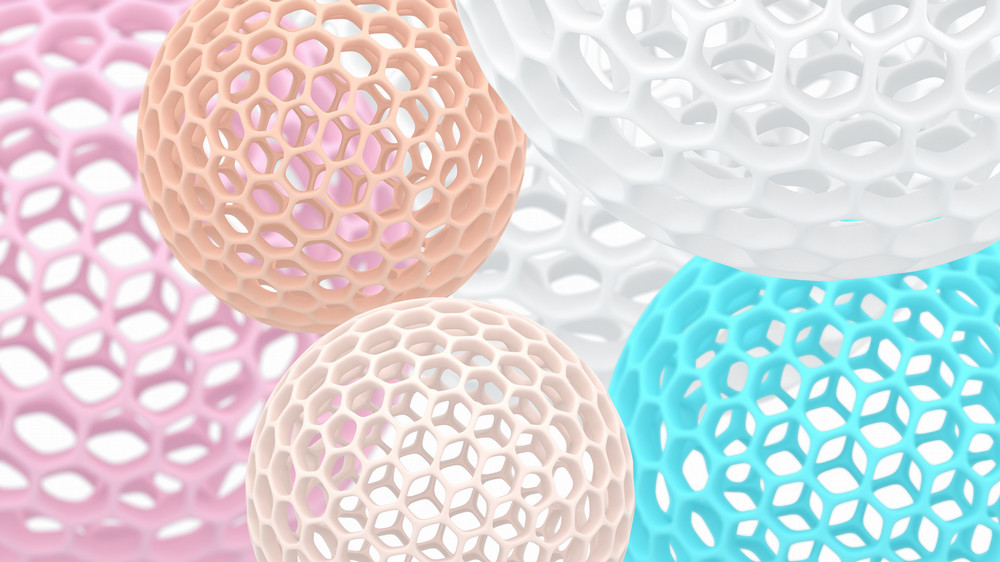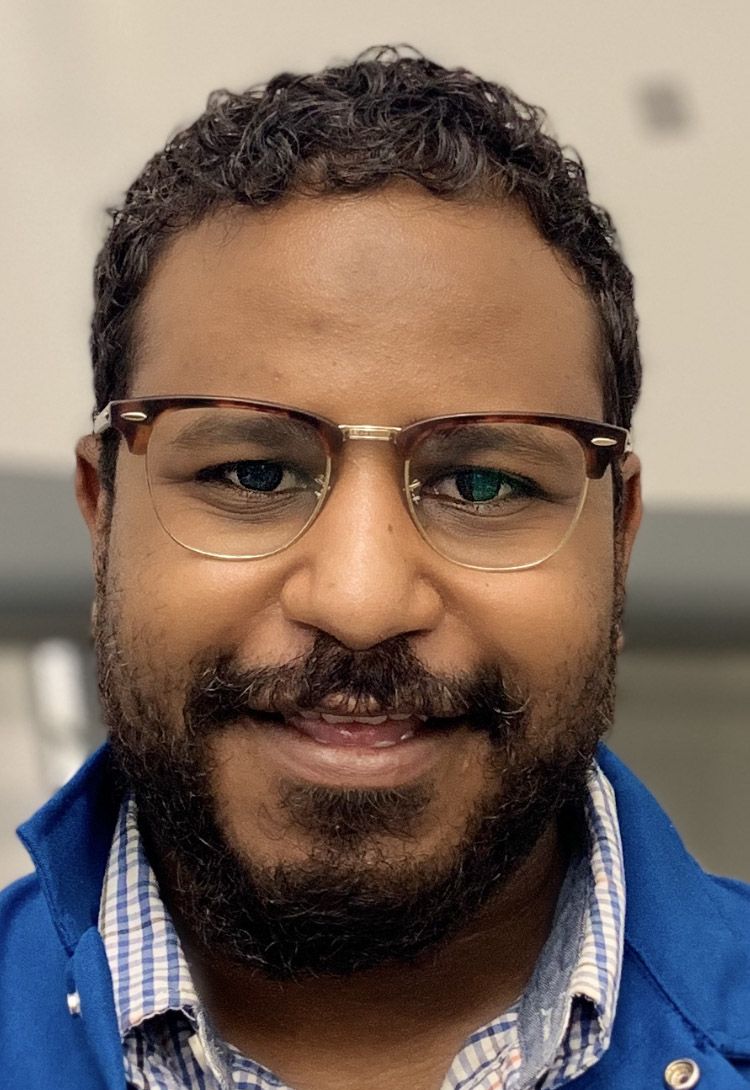
Doctoral candidate Mustafa Abdelrahman thought he had experienced everything he could at Texas A&M University but recently ticked another vital asset off his list — receiving a prestigious fellowship through the National Science Foundation’s Mathematical and Physical Sciences (MPS) Directorate.
At Texas A&M, Abdelrahman researches in Dr. Taylor Ware’s lab in the Department of Materials Science and Engineering. He expects to graduate in August and, post graduation, will begin his three-year-long fellowship tenure at Harvard University as a postdoctoral fellow with Dr. Jennifer Lewis, Hansjorg Wyss Professor of Biologically Inspired Engineering.
Abdelrahman will work on programming the geometry of 3D cell sheets using shape-morphing materials. He is hopeful it will allow for the ability to study cell mechanics on complex structures.
"Traditionally, scientists use growth media to dictate stem cell differentiation to specific cell lineages. But what I want to explore is using what I learned in my Ph.D. with shape-changing materials to drive stem cell differentiation," he said.

Through the fellowship, he will receive $300,000 over a three-year window with an annual budget of $70,000 for salary and $30,000 for research. These funds can be used for supplies, like computers, and networking opportunities at conferences.
“Professor Jennifer Lewis’ work has always been an inspiration to me, even since starting my Ph.D. career. To have the opportunity to work with Lewis and other great scientists at Harvard University is a dream come true,” Abdelrahman said. “As a beginning investigator, I am really looking forward to collaborating with different scientists in a different environment. I believe this experience will provide me with another perspective needed to help answer difficult scientific questions.”
The MPS Ascending Postdoctoral Research Fellowship (MPS-Ascend) program’s goal is to support postdoctoral fellows who will broaden the participation of members of groups that are historically excluded and currently underrepresented in MPS fields in the U.S., according to the website.
The program recognizes beginning investigators of significant potential and provides them with experience in research that will broaden perspectives, facilitate interdisciplinary interactions and help broaden participation within MPS fields.
"The overarching goal of this fellowship is to help cultivate me into a future faculty member. This fellowship will provide me with everything I need to do just that," Abdelrahman said.